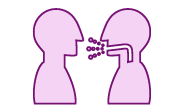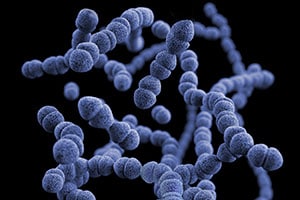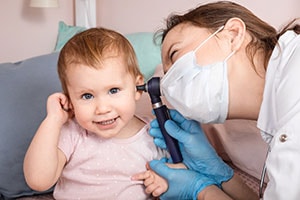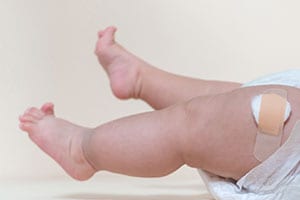Risk Factors and How It Spreads
Anyone can get pneumococcal disease, but some people are at increased risk. Being a certain age or having certain conditions can increase a person’s risk for pneumococcal disease.
Young children and older adults are at increased risk
People at increased risk for pneumococcal disease include children younger than 5 years old and adults 65 years or older.
Some children are at even higher risk than others
Experts do not know why, but children of certain racial and ethnic groups have increased rates of pneumococcal disease:
- Alaska Native people
- African American people
- Certain American Indian people
Young children attending childcare are also at increased risk for severe pneumococcal disease and ear infections.
Many conditions increase disease risk
Conditions and other factors that increase someone’s risk for pneumococcal disease include:
- Alcoholism
- Cerebrospinal (around the brain and spinal cord) fluid leak
- Chronic heart, kidney, liver, or lung disease
- Cigarette smoking
- Cochlear implant (a surgically implanted device to help people with severe hearing loss hear)
- Diabetes
- Immunocompromising condition (having a weakened immune system)
Chronic lung disease includes chronic obstructive pulmonary disease (COPD), emphysema, and asthma.
Immunocompromising conditions
Examples of immunocompromising conditions include:
- Damaged spleen or having no spleen
- Disease or condition that weakens the immune system
- Disease or condition treated with medicine that weakens the immune system*
- HIV infection
- Kidney failure requiring maintenance dialysis or nephrotic syndrome (a kidney disorder)
- Sickle cell disease or other inherited blood disorders
* This includes cancers and solid organ transplant.
If you or your child is at increased risk for pneumococcal disease, talk to a vaccine provider about pneumococcal vaccines.

How it spreads
People spread pneumococcal bacteria to others through direct contact with respiratory secretions, like saliva or mucus. Many people, especially children, have the bacteria in their nose or throat at one time or another without being ill. Experts call this “carriage” and do not know why it only rarely leads to sickness.



